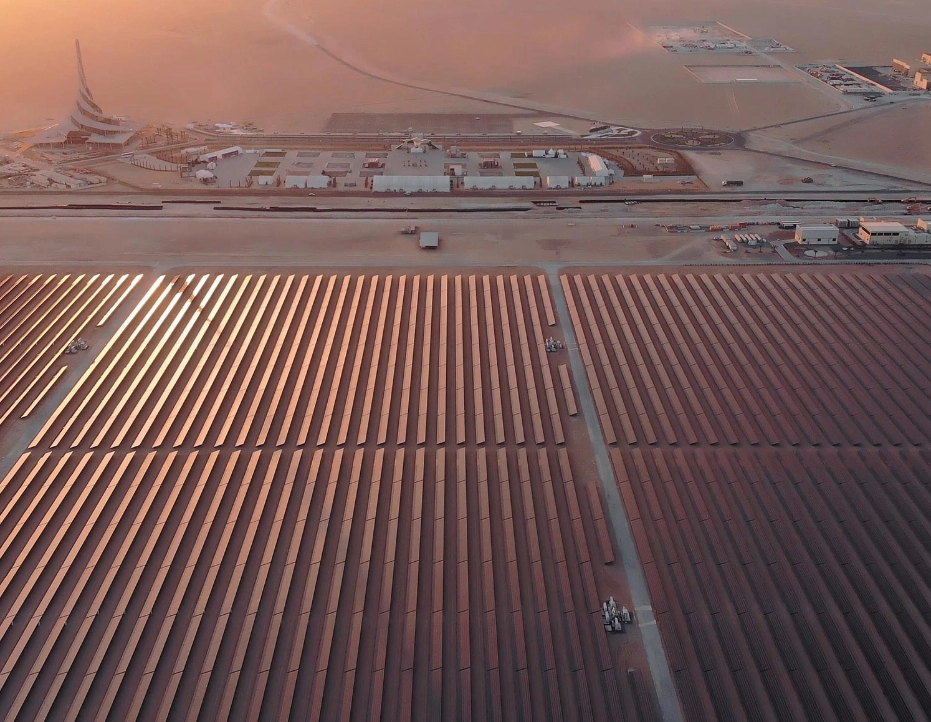Stay in the know
We’ll send you the latest insights and briefings tailored to your needs
Middle Eastern economies continued to expand in 2023 with M&A activity in the region fuelled in large part by sovereign wealth funds and other government-owned entities. Saudi Arabia's Public Investment Fund (PIF) took top spot with US$31.6 billion deployed globally, which represented almost one quarter of the total amount invested by sovereign wealth funds in 2023. The UAE's Abu Dhabi Investment Authority (ADIA) and Mubadala Investment Company followed closely (and in the top four globally) with US$13.2 billion and US$17.5 billion respectively.
We noted in our outlook for 2023 that the Middle Eastern economies would be on a growth footing, and this has paved the way for the regional sovereign funds to outperform their global rivals in terms of capital deployed in 2023. Middle Eastern sovereign wealth funds now oversee assets worth US$4 trillion, and there are new market entrants that will compete with global sovereign wealth funds in 2024. The Dubai Government announced the launch of the Dubai Investment Fund, a new sovereign wealth fund aimed at driving investments in strategic projects locally and internationally and Abu Dhabi has seen the creation of Lunate with an initial portfolio of US$50 billion in assets under management.
Eyes were on the UAE in December 2023 as Dubai hosted COP28 which, for the first time, explicitly recognised the need to shift away from every type of fossil fuels in what signalled the “beginning of the end” of the fossil fuel era. One hundred eighteen countries pledged to triple renewable energy capacity and double the global rate of energy efficiency by 2030. Over 50 national and international oil companies (representing about 40% of global production) signed a decarbonisation charter aiming to achieve net zero emissions in each company’s direct operations by 2050, near-zero methane leakage from the production of oil and gas by 2030, and zero routine flaring (burning excess gas) by 2030. Further, and in line with the European Union's commitment to a green transition, European banks are pulling away from financing oil and gas projects and turning towards sustainable finance.
The consequences of such commitments on M&A activity in the region should be felt in the coming years and there are already clear signs that the Gulf Cooperation Council (GCC) governments, alongside international investors, are investing heavily in renewable and sustainable projects in the region. We talk about energy transition and M&A in more detail here in our 2024 global M&A report.
The entry of Saudi Arabia and the UAE into the BRICS at the beginning of 2024 comes amid ongoing geopolitical tensions between the US and China (Saudi Arabia's biggest oil customer), as China looks to expand its influence within the region and Saudi Arabia looks to build a “comprehensive strategic partnership” with China as part of its diversification strategy. Recent investments by China in Saudi Arabia cover technology, renewable energy, agriculture, real estate, minerals, logistics, tourism, and healthcare. The entry into the BRICS complements the UAE and Saudi Arabia's agreement in September 2023 to join the India-Middle East-Europe Economic Corridor as Gulf countries are skilfully balancing their ties between East and West in light of the changing world economic order. We discuss this and how geopolitics are shaping the transactional landscape in our global report.

The IMF is predicting continued GDP growth for the region in 2024, above the world's average, with a 4% growth expected for each of the UAE and Saudi Arabia. Efforts by these countries to modernise their economies with the overhaul of their competition regimes is welcome. With strategies that are relying on M&A to enter new industries, strengthen partnerships with international players, develop and modernise the region, and build a sustainable economy, we expect Middle Eastern sovereign wealth funds and government-owned entities will continue to be a key driver for M&A activity in 2024.
However, tensions are continuing to rise across the Middle East at the time of writing this article, and ongoing conflict and supply chain disruption in the Red Sea may make international investors pause for thought before making their final investment decisions.
The contents of this publication are for reference purposes only and may not be current as at the date of accessing this publication. They do not constitute legal advice and should not be relied upon as such. Specific legal advice about your specific circumstances should always be sought separately before taking any action based on this publication.
© Herbert Smith Freehills 2025
We’ll send you the latest insights and briefings tailored to your needs